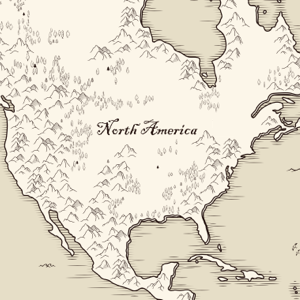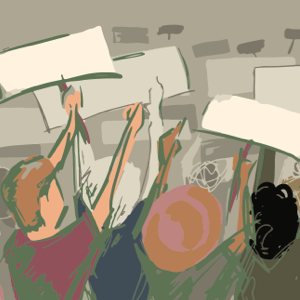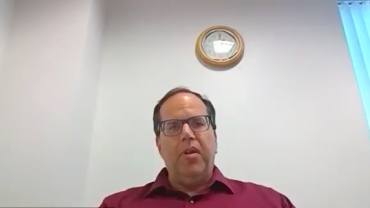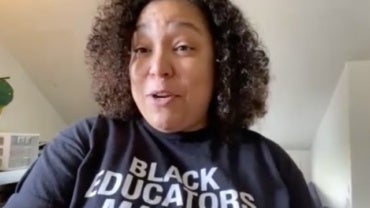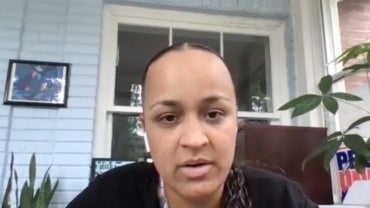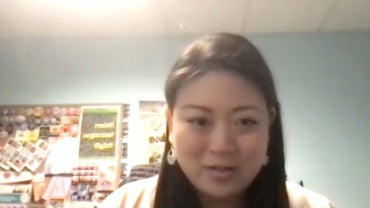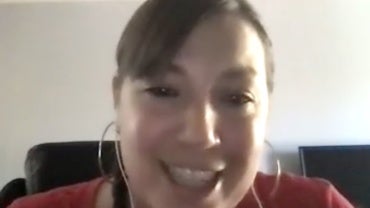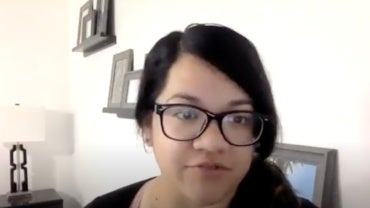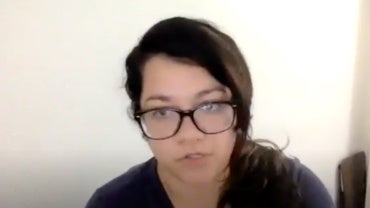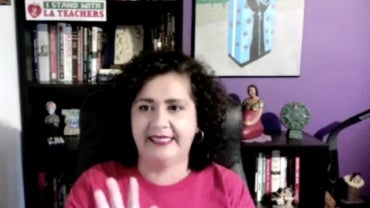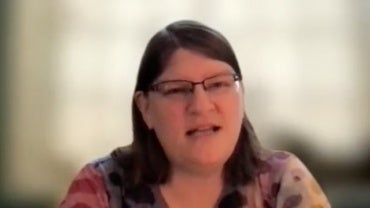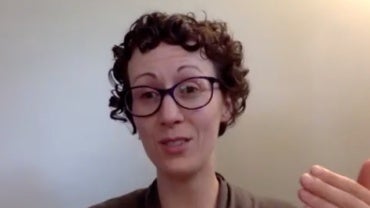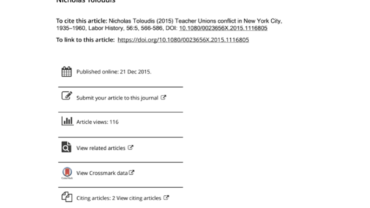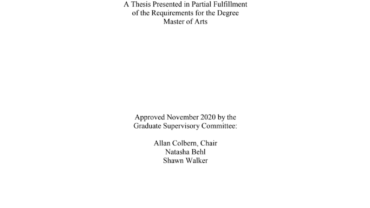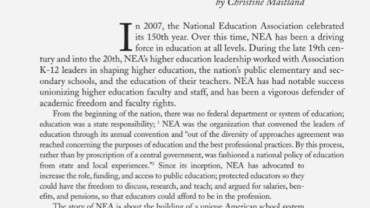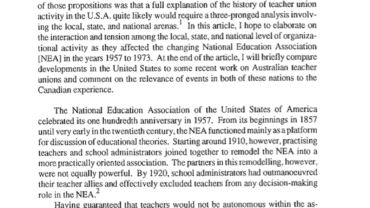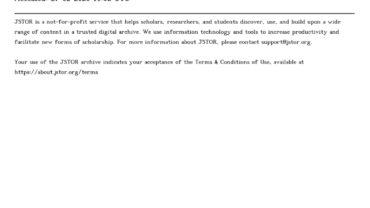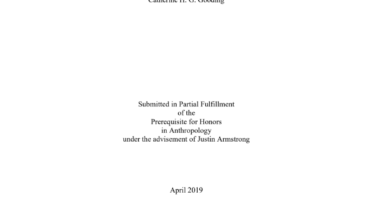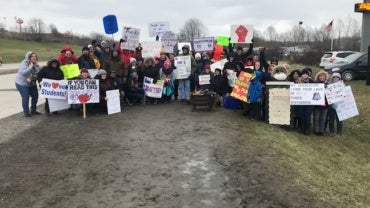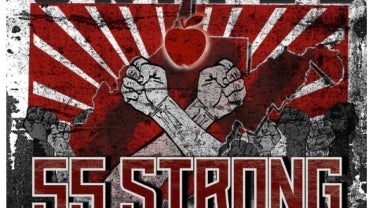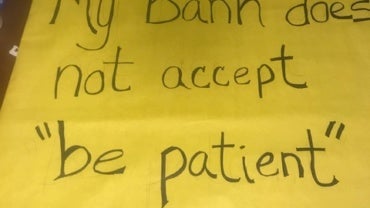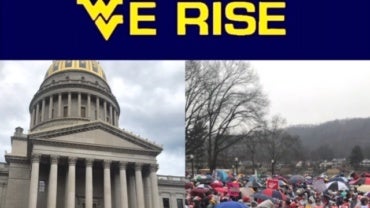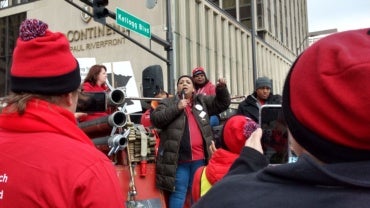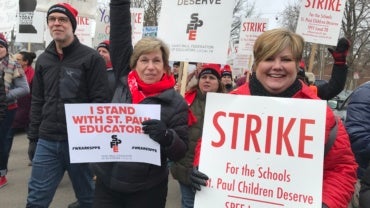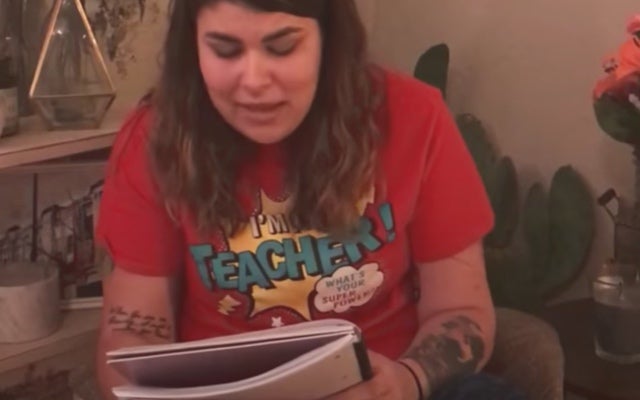When Teachers Mobilize




Since the Great Recession devastated public education funding and triggered increasingly aggressive attacks on teachers unions, the role of organized teachers as defenders of public education, democracy, and the common good has grown increasingly vital. In February 2018, when West Virginia teachers in all 55 of the state’s counties walked out of schools, they sparked the largest labor uprising in a generation. By the end of the year, over half a million workers had gone on strike — the most since 1986 — the vast majority of whom were educators in some of the nation’s most anti-union states. The audacity, organizing, and victories of these educators built on years of rank-and-file organizing and networking by teachers and their allies that had given rise to a new approach called Bargaining for the Common Good, many of the principles of which were reconfirmed by the 2018 uprising. Since 2018, and through the pandemic teacher activism has continued to spread, mobilizing teachers throughout the nation in unforeseen and unexpected ways. When Teachers Mobilize explores and examines the causes, organizing, success, and ongoing legacies of this movement of educators through oral histories and digital media.
Discover
Articles
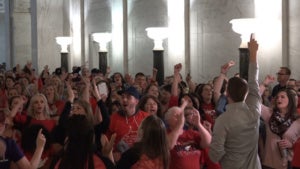
Look Back 2018: West Virginia teachers strike for better pay
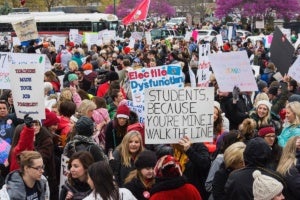
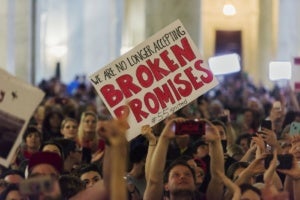
Will WV teachers “remember in November”?

A look back at the 2018 WV public school employees strike
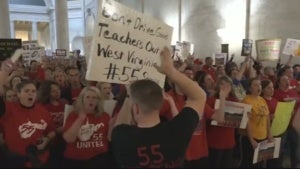
Have West Virginia teachers started a movement?
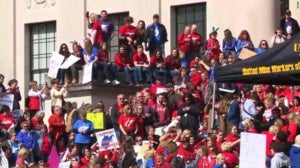
Oral Histories
When Teachers Mobilize Oral Histories
PDFs
While studies of the New York City Teachers Union (TU) generally attribute its eventual demise to the Red Scares of the 1940s and 1950s, this article situates the TU in the history of New York City teachers associations more generally.
The ongoing Red for Ed movement in Arizona sparks an interesting discussion on its place as a social movement. This thesis examines the movement in close detail, particularly in regard to how it fits within the social movement literature’s insider/outsider framework.
In 2007, the National Education Association celebrated its 150th year. Over this time, NEA has been a driving force in education at all levels.
Not long ago, in the pages of this journal, I argued a number of propositions about the current state of historical research in the area of teacher unionism. One of those propositions was that a full explanation of the history of teacher union activity in the U.S.A. quite likely would require a three-pronged analysis involving the local, state, and national arenas.
If the 1960’s were known as the era of vigorous student militancy in most sectors of American education, the 1970’s may well go down in history as the decade of the angry teacher.
“Culture becomes not a haven of ideas or a fixed state of experience but a social imaginary erupting out of a storied cultural real.” (Stewart 1996, 63-4)
I remember the day when my father, a West Virginia University professor, accompanied some of his students to Charleston for Undergraduate Research Day at the Capitol in February 2018.
Photo Galleries
A gallery of photos to explore.
Video Galleries
The repeated argument I hear from people who are opposed to Oklahoma teachers walking out tomorrow is “we knew what we were doing when we signed up for this.” You’re right. We did. We signed up for the hardest job in the world and putting our kids first. Here’s a poem about it.


